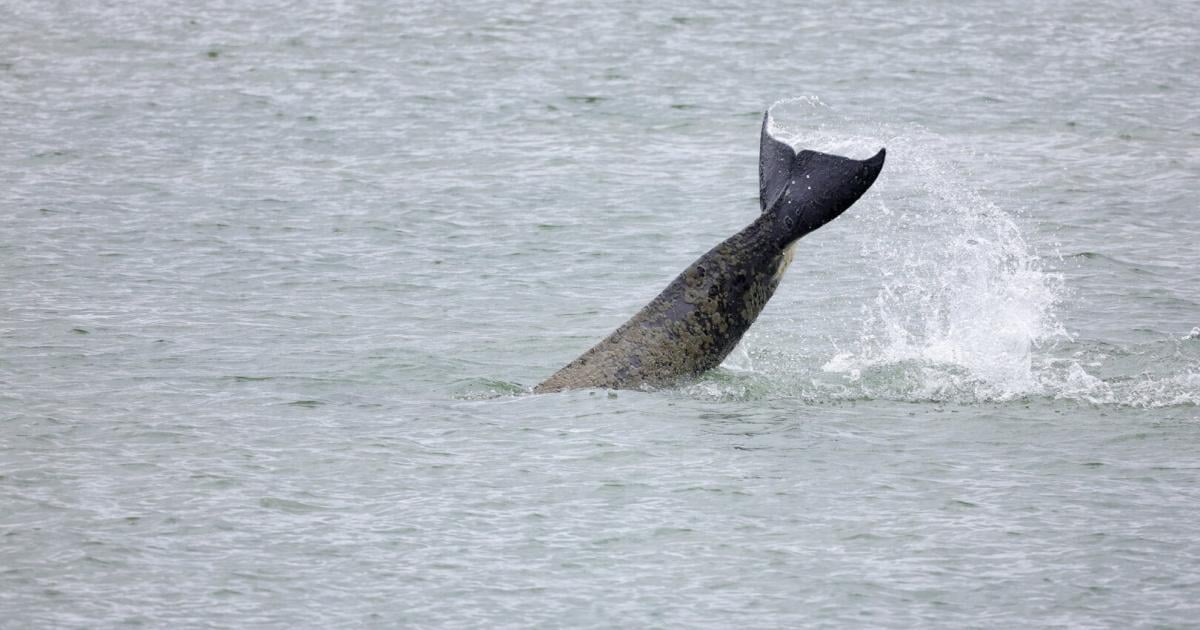group Killer whales Another one off the coast of Morocco on Sunday morning Sailing yacht Attacked – and drowned. The 15-metre-long boat was rammed several times by killer whales. The rudder blade was damaged and water entered the hull.
View all content
Such events are not new. Been there since 2020 Already six such incidentsWhich ended in huge losses. In addition, hundreds of accidents that ended slightly were counted – According to the research group “Orca Atlantica Working Group” (GTOA) averages 168 interactions per year. So far in 2024, the research group has recorded 26 interactions compared to 61 interactions in the corresponding period in 2023.
Teeth prints found on boats
Some boats were found with teeth marks, while others appeared to have been struck by the head or body of an Iberian killer whale. If the sailors were unable to resume their course, they had to sail into port with damaged oars.
View all content
Orca attacks: science is a mystery
Experts who monitor behavior Smart animals The study hypothesizes that the killer whales that rammed the 15-meter yacht off Morocco belong to the same aggressive animals. More than a dozen Orca Ibéricas have already been identified, and some marine mammals have already been given their own names, such as “Gladis Black” or “Gladis White.”
However, the reason for these “attacks” or “interactions,” as many experts prefer to call them, is unclear.
While one theory indicates that A Gaming behavior Actions – Killer whales are curious by nature, learning attacks from their larger animals – Another non-controversial theory speaks of “revenge.” A Portuguese scientist who studied the encounters believes that the female killer whale experienced an encounter with a boat, causing it to teach its offspring to attack boats.
It is known from observations of killer whales that marine mammals often behave in groups, for example when hunting prey.
View all content
“fad”
“Science cannot yet explain why Iberian orcas do this, although we reiterate that it may have more to do with play and socialization than aggression,” a group of more than 30 scientists wrote in a paper last summer. Open letter. “(…) When we are at sea, we are in the world of marine life. We should not punish wild animals for being wild.”
Orcas and other dolphin species are dedicated to it “Fads” It is known to scholars. This describes them Short-term behaviorWhich animals grow “like carrying dead fish on their heads.” This behavior can spread and intensify dramatically within a population. “But it is also possible that this behavior, similar to previous fads, will disappear as suddenly as it appeared.”

“Food practitioner. Bacon guru. Infuriatingly humble zombie enthusiast. Total student.”







More Stories
KaDeWe stops selling meat and sausages
Another earthquake near the giant Naples volcano
Trump wants to block Harris' access to donations